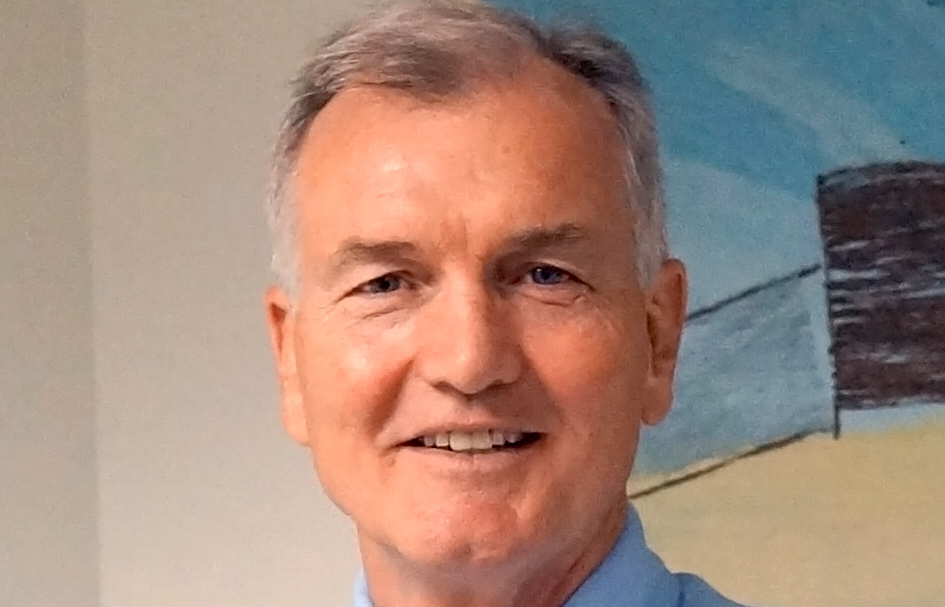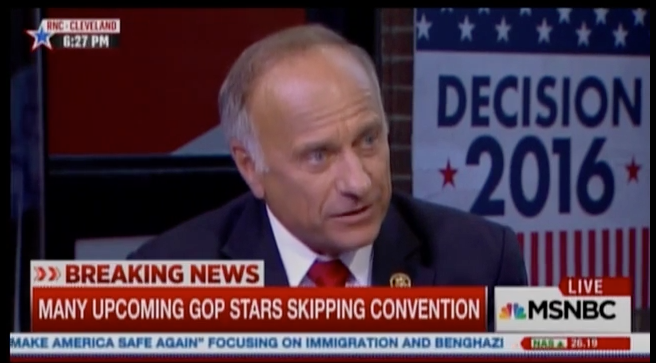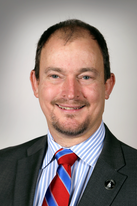Iowa is one of only twelve states with no limits on individual contributions to state-level races. John Norris is challenging Democrats who run for governor in 2018 to “lead by example,” adopting federal campaign contribution limits (capped at $2,700 per person) for the primary election.
Speaking to Democratic activists in Panora (Guthrie County) on April 27, Norris also urged gubernatorial candidates to agree to keep their primary election spending below $1.5 million, saying, “We should campaign on the power of our ideas and spend our time talking to Iowans and not chasing money from wealthy special interests.” I enclose below a longer excerpt from his speech.
Norris will decide soon whether to run for governor. Democrats Rich Leopold, Jon Neiderbach, and Dr. Andy McGuire are already running, likely to be joined by State Representative Todd Prichard, State Senator Nate Boulton, Fred Hubbell, Mike Matson, and/or Mike Carberry (though many Democrats expect Carberry to seek re-election as Johnson County supervisor instead).
Among those candidates, McGuire, Boulton, and Hubbell are the only ones well-positioned to collect many campaign donations larger than $2,700. McGuire recently completed a two-year stint as Iowa Democratic Party chair, during which she solicited many four-figure and five-figure gifts. Roxanne Conlin is among McGuire’s most prominent endorsers. Boulton raised a considerable amount for his first campaign in 2016 and is expected to have strong support from labor unions and attorneys if he joins the field. Hubbell is independently wealthy, having donated $30,000 to the state party during the 2016 cycle, as well as four-figure sums to some other Democratic campaigns. He is rumored to have the support of other central Iowa major donors including Bill Knapp, who gave the Iowa Democratic Party more than $60,000 during the last two years alone. (You can search any individual’s Iowa political donation history here.)
Neiderbach has made campaign finance reform a major theme of his early stump speeches and has promised not to accept any contribution exceeding $500. Leopold speaks often of the need to break the grip “expensive consultants, corporate lobbyists and powerful special interests” have on Iowa’s “insider elite political class.” Bleeding Heartland will soon publish an in-depth interview with Leopold that touches on similar themes.
UPDATE/CLARIFICATION: Former Iowa Democratic Party executive director Norm Sterzenbach, who has been advising Prichard in recent months, noted in response to this post that both Norris and Prichard have networks outside traditional Iowa donors. Point taken, and I did not mean to imply that other gubernatorial candidates would be unable to raise contributions larger than $2,700. Prichard’s leadership team includes some political heavyweights. Norris has years of experience fundraising for Iowa Democrats and connections to many potential out-of-state donors, due to his past work in President Barack Obama’s administration and with nationally-known Democratic operatives like David Plouffe.
Reacting to this post on Facebook, Neiderbach commented, “Do we want a Governor beholden to the voters – especially those who have historically been marginalized or ignored – or beholden to the rich, to big business, and to other special interests? Couldn’t the money spent on endless TV ads and campaign consultants better be spent donated to food banks and homeless shelters and our underfunded schools? Spending $1.5 million on a primary is obscene. Voters are tired of it. I urge all candidates to follow my lead and limit all donors to $500, telling those who would donate more to feed the hungry, house the homeless, and educate our students.”













